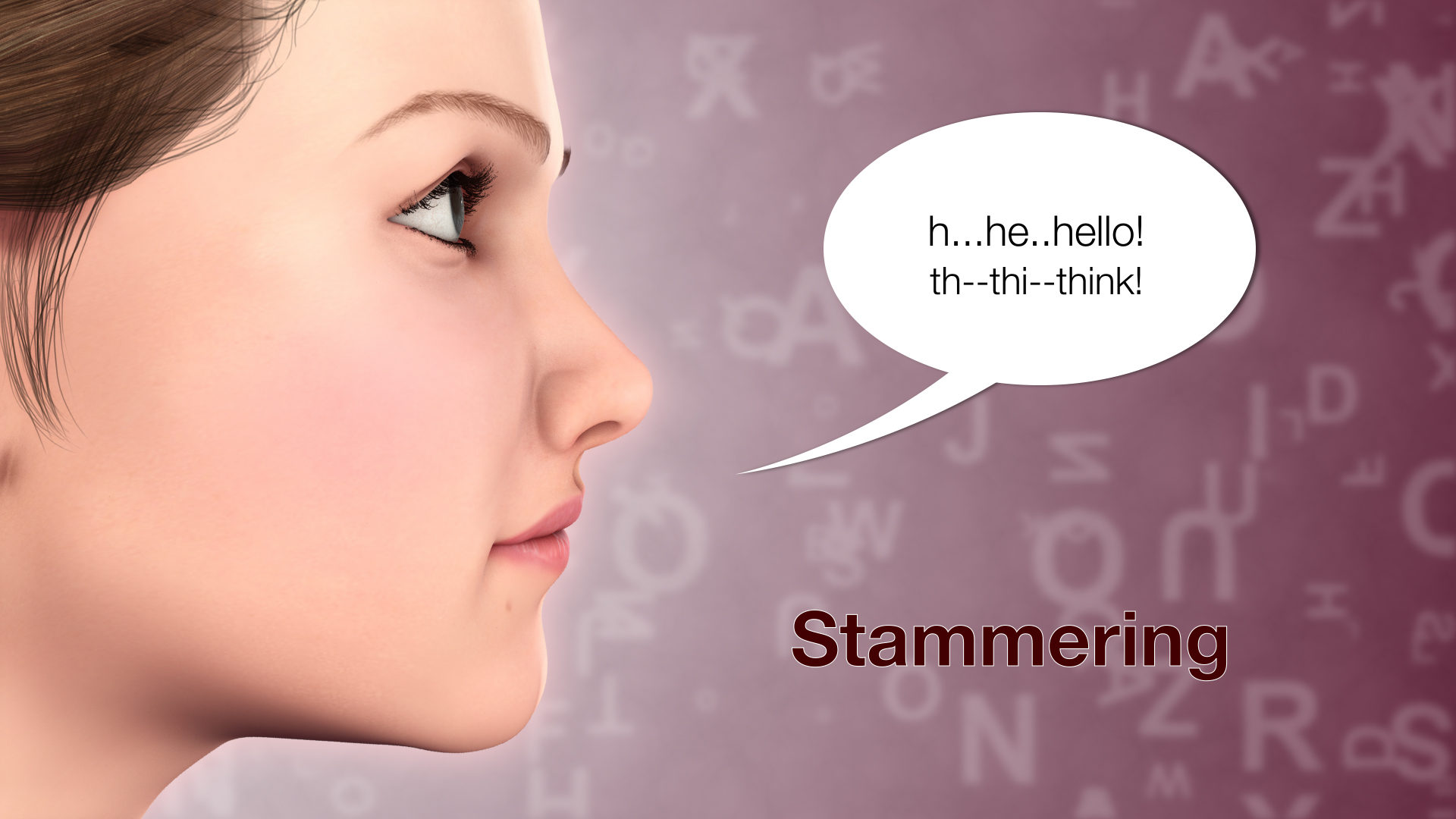
Stammering or Stuttering
Stammering or Stuttering is a speech disorder in which the flow of speech is disrupted by involuntary repetitions and prolongations of sounds, syllables, words or phrases as well as involuntary silent pauses or blocks in which the person who stutters is unable to produce sounds.
The term stuttering is most commonly associated with involuntary sound repetition, but it also encompasses the abnormal hesitation or pausing before speech, referred to by people who stutter as blocks, and the prolongation of certain sounds, usually vowels and semivowels. For many people who stutter, repetition is the primary problem. Blocks and prolongations are learned mechanisms to mask repetition, as the fear of repetitive speaking in public is often the main cause of psychological unease.
The term "stuttering" covers a wide range of severity, encompassing barely perceptible impediments that are largely cosmetic to severe symptoms that effectively prevent oral communication.
The impact of stuttering on a person's functioning and emotional state can be severe. This may include:
- Fears of having to enunciate specific vowels or consonants
- Fears of being caught stuttering in social situations
- Self-imposed isolation
- Anxiety
- Stress
- Shame
- Feeling of "loss of control" during speech.
Stuttering is generally not a problem with the physical production of speech sounds or putting thoughts into words. Acute nervousness and stress can trigger stuttering in persons predisposed to it, and living with a highly stigmatized disability can result in anxiety and high degree stress load (chronic nervousness and stress) that reduce the amount of acute stress necessary to trigger stuttering in any given person who stutters, exacerbating the problem in the manner of a positive feedback system; the name 'Stuttered Speech Syndrome' has been proposed for this condition.
The disorder is also variable, which means that in certain situations, such as talking on the telephone, the stuttering might be more severe or less, depending on the anxiety level connected with that activity. Although the exact etiology or cause of stuttering is unknown, both genetics and neurophysiology are thought to contribute.
Homeopathic Treatment and Management: Homeopathic treatment, speech therapy techniques, psychotherapy and hypnotherapy helps significantly in speech, and reduces the stress and improves quality of life of people who stutter.